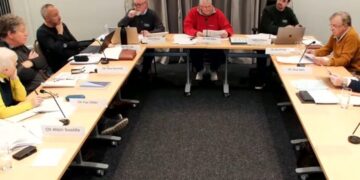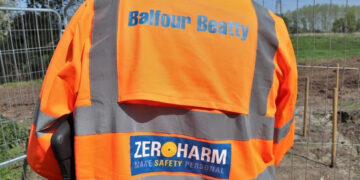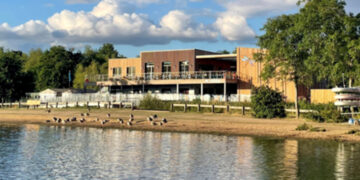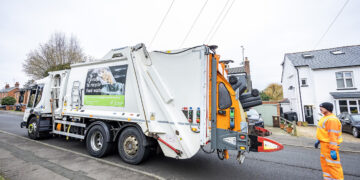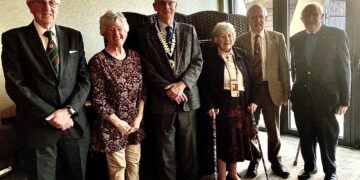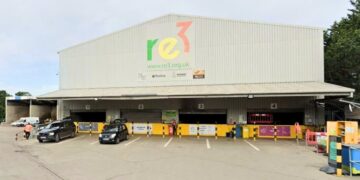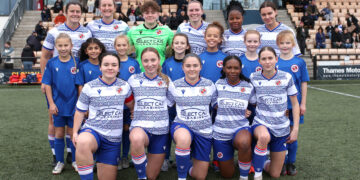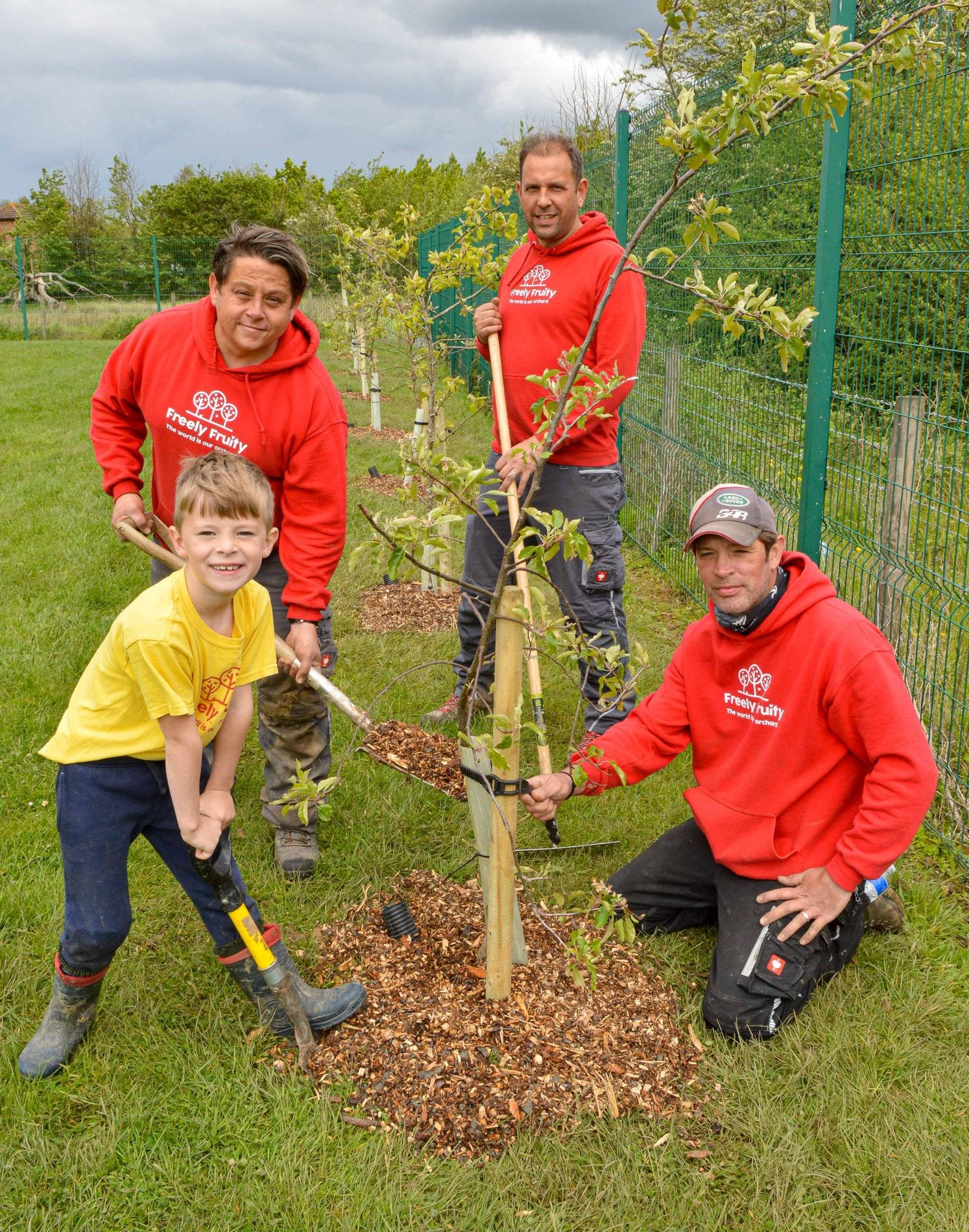A CHARITY has dug deep for victory in its campaign to get fresh fruit to children.
Freely Fruity, which grows free produce for the community, has been planting apple trees in two schools.
With five apple trees making an orchard, the charity is placing them in the schools’ fields for future generations to enjoy.
Founders Ryan Simpson, James Whittingham and Matthew Knight installed 12 trees at Wheatfield Primary School, in Winnersh, on Sunday.
And Nine Mile Ride Primary School, in Finchampstead, will soon receive its bounty.
The University of Reading recently donated more than 300 apple trees to the charity, which will be given to even more schools around the area.
The trio’s charity was born out of a pub visit, where they discussed planting trees on public land so that free fruit could be available to the community.
The initiative aim to reduce carbon emissions, encourage healthy eating and educate the younger generations about local produce.
Currently, the Freely Fruity team wants to plant the trees at schools across the county — but they hope to branch out soon.
Mr Simpson said that over time he would want to go “beyond the borough” to help out more schools outside the Wokingham community.
He added: “It’s great for children to be aware of where food is coming from and encourage them to have a healthier lifestyle.
“The aim of this is to show students that local produce is easily accessible to them while reducing waste and saving money, and the apples are more tasty.”
READ MORE: Boxer Michael Sprott joins Sindlesham-based food charity Freely Fruity as an ambassador
Ali Brown, headteacher at Nine Mile Ride Primary School, said: “We are excited about having a school orchard as it will give us access to a high-quality outdoor teaching resource that will get pupils excited about learning across the curriculum.
“A school orchard isn’t just for learning about science, an orchard can support learning across a wide range of curriculum areas, from stimulating creative writing to looking at fruit in legends, literature, and art; from developing enterprise and business skills to cooking and the technology of food processing.
Mrs Brown said it is important to teach students about home-grown food, and how it can help reduce waste.
She added: “What better way to help our pupils understand the range of issues around food production than getting them to grow their own.
“We are so grateful to have this opportunity and cannot wait to grow and nurture our new trees.”


